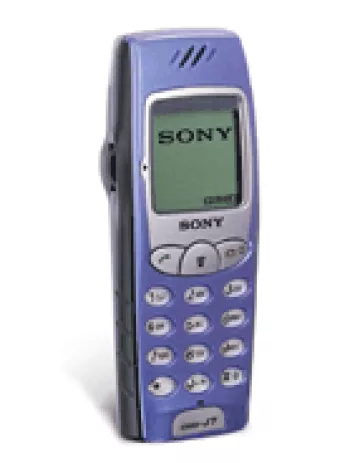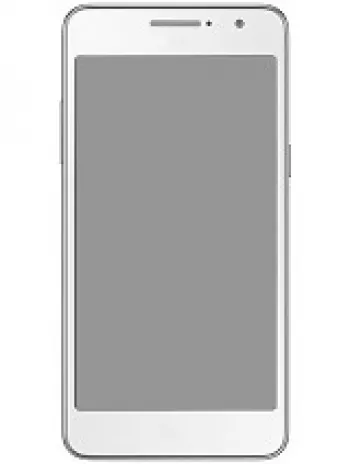
Introduction to Sony SmartWatch 2 SW2
The Sony SmartWatch 2 SW2, launched in 2013, aimed to bridge the gap between traditional wristwatches and the burgeoning world of smart technology. As one of the early entrants into the smartwatch market, the SW2 offered a glimpse into the possibilities of wearable tech, despite some limitations that would be addressed by future iterations from Sony and its competitors.
Design and Build
The SW2 features a compact design with dimensions of 42 x 41 x 9 mm, allowing it to fit comfortably on most wrists. Weighing in at 122.5 grams, it balances durability with comfort. The build quality is commendable for its time, with a combination of a glass front and an aluminum frame that gave it a durable yet sophisticated look. It was available in distinct color variations such as Leather Brown, Black, and Silver, appealing to a variety of personal style preferences.
Display
Equipped with a 1.6-inch TFT display capable of showing 65,000 colors, the SW2 provided users with clear visibility of notifications and apps. Its resolution of 220 x 176 pixels, with a pixel density of about 176 ppi, ensured reasonable clarity in most lighting conditions, although it pales compared to today's high-resolution AMOLED displays.
Connectivity and Network
The SW2 did not support cellular connectivity, which meant it relied on pairing with a smartphone to access internet and communication functions. The device does not include GPRS, EDGE, or WLAN capabilities, but it does feature Bluetooth 3.0 and NFC, allowing for seamless synching and contactless pairing with compatible devices.
Platform and Performance
Designed to serve as a companion device rather than a standalone gadget, the SW2 is compatible with Android operating systems. While the specifics of its processor and RAM aren’t highlighted, the device was engineered to execute basic smartwatch functions like notifications, music control, and basic apps offered by its ecosystem at the time.
Battery Life
The SW2 is powered by a removable Li-Ion 225 mAh battery, which, considering its minimal power requirements, offered a reasonable battery life in its era. However, the battery life varies with usage, with basic usage extending a couple of days on a single charge.
Memory and Storage
The smartwatch did not come with expandable storage options such as a card slot, which meant users were limited to the onboard capacity for storing watch-specific apps and data. This aligns with its role as an accessory to a smartphone rather than a standalone device.
Sound and Multimedia
Multimedia features were limited to sound notifications as the SW2 included a loudspeaker but lacked a 3.5mm audio jack. This reflects its focus on core functionalities and notifications over rich media playback capabilities.
Additional Features
Despite its basic feature set in comparison to modern smartwatches, the SW2 included useful sensors and NFC capabilities. NFC allowed for quick pairing with supported devices and opened the door for contactless transactions and interactions, a futuristic feature for its time.
Price and Availability
When it was released, the SW2 retailed for about 80 EUR, which positioned it as an accessible entry point into the world of smartwatches. By today's standards, its capabilities may seem limited, but for its time, it provided a novel experience that integrated technology onto the wrist.
Legacy and Impact
With the discontinuation of the Sony SmartWatch 2 SW2, it stands as a significant piece in the evolutionary timeline of wearable devices. It contributed to the foundations upon which future generations of smartwatches would build, integrating more advanced sensors, better connectivity options, and enhanced user interfaces.
Conclusion
Though surpassed by more advanced models in the following years, the Sony SmartWatch 2 SW2 remains a testament to early innovation in the wearable tech space. It laid the groundwork for more comprehensive solutions that continue to shape our interaction with technology daily.
Main Features of Sony SmartWatch 2 SW2
- Compact design with dimensions of 42 x 41 x 9 mm.
- Lightweight at 122.5 g for comfortable wearability.
- Durable build featuring a glass front and aluminum frame.
- 1.6-inch TFT display with 65K colors.
- Android OS compatible for broad app support.
- Equipped with Bluetooth 3.0 for connectivity.
- NFC support for easy pairing and communication.
- microUSB port for charging and connectivity.
- Available in multiple colors: Leather Brown, Black, Silver.
- Removable Li-Ion 225 mAh battery for extended usage.
- Marketed at an affordable price of approximately 80 EUR.
Disadvantages of Sony SmartWatch 2 SW2
- No cellular connectivity, limiting independent usage.
- Discontinued status means lack of official support and updates.
- No SIM card slot, further restricting standalone functionality.
- TFT display with only 65K colors may offer lower color richness.
- Low resolution display (~176 ppi density) may affect screen clarity.
- No memory card slot for expandable storage options.
- Lacks 3.5mm headphone jack, limiting audio output options.
- No WLAN support, limiting direct Wi-Fi connectivity.
- No positioning (e.g., GPS), affecting location-based services.
- No radio feature, missing a common entertainment option.
- Low battery capacity (225 mAh) may result in short battery life.
- Bluetooth 3.0 is outdated, which may affect connectivity performance with more recent devices.




View Also
More Phones
All Rights Reserved +14266 Phones © Mobilawy 2025

























